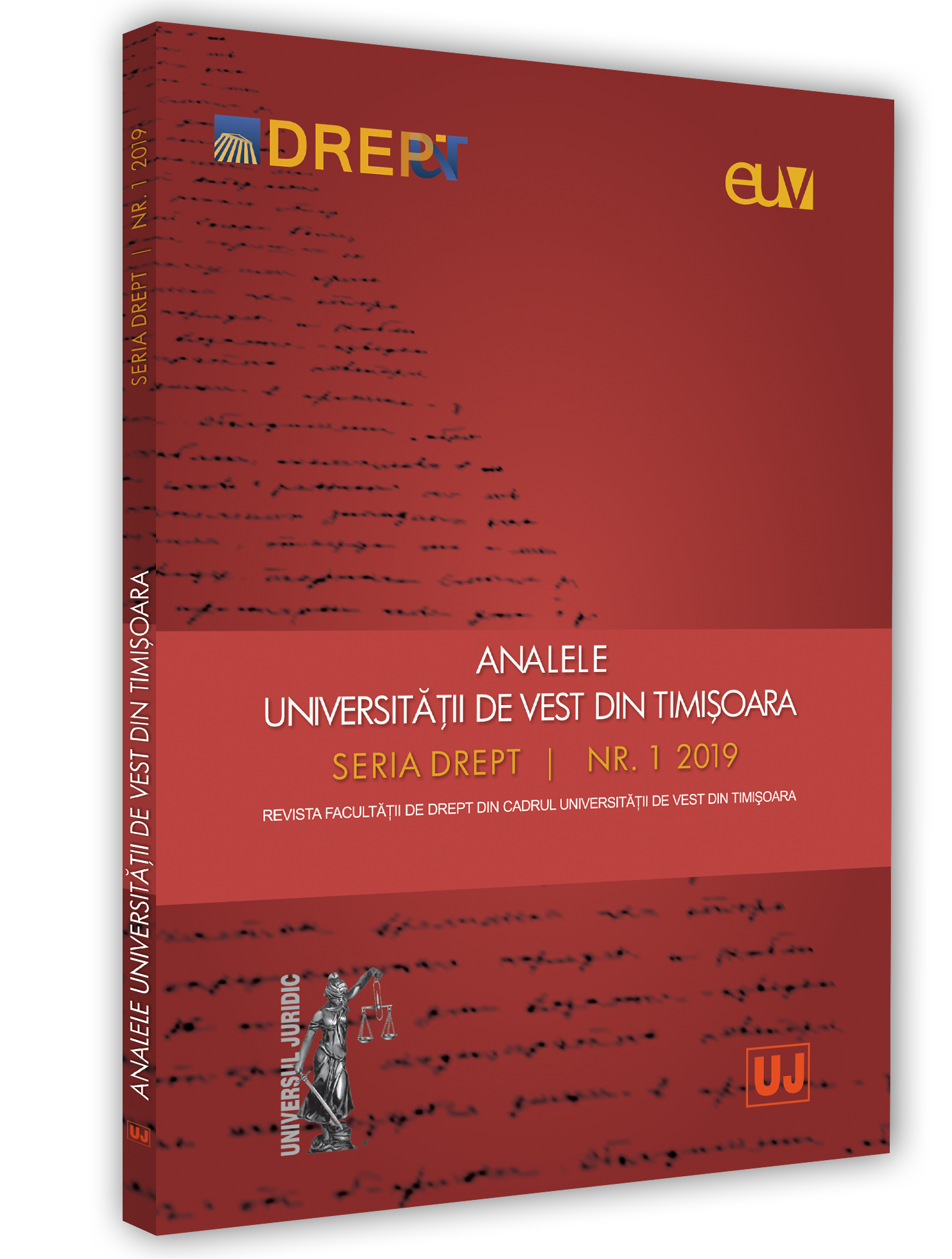Legal Acculturation and Criminal Law.
Between Uniformity and Preservation of Identity
Legal Acculturation and Criminal Law.
Between Uniformity and Preservation of Identity
Author(s): Laura StănilăSubject(s): Law, Constitution, Jurisprudence, Criminal Law
Published by: Universul Juridic
Keywords: European Union; legal acculturation; national identity; unity in diversity; criminal law; criminal procedure law; mutual cooperation;
Summary/Abstract: European Union is a concept that, despite initial enthusiasm marked by ambitious and inspiring goals, proved to raise problems that could not be solved, despite the best intentions of all involved. The displayed slogan „Unity in diversity” or „Unity without uniformity and diversity without fragmentation” – has proven to be as logically difficult to accept as easy to use, whenever a problem of alignment and uniformity of national laws of the Member States arises.The legislative area, the issue of aligning national laws with EU law, the issue of configuring EU legislation so as to take into account all the national particularities of the member states, are matters that, with all the good intentions of the European Legislator, are far from being solved. The European space is dramatically facing the phenomenon of legal acculturation, a phenomenon that occurs naturally when multiple social groups, each with its own rules and specificity, interact for a long time. If uniformity, a natural consequence of the phenomenon of legal acculturation, occurred easily in some branches of law, such as national commercial law, other branches of law, namely those belonging to national public law, and in particular national criminal and criminal procedure law – continue to resist.
Journal: Analele Universității de Vest din Timișoara - Seria Drept
- Issue Year: 2019
- Issue No: 1
- Page Range: 119-131
- Page Count: 14
- Language: English

